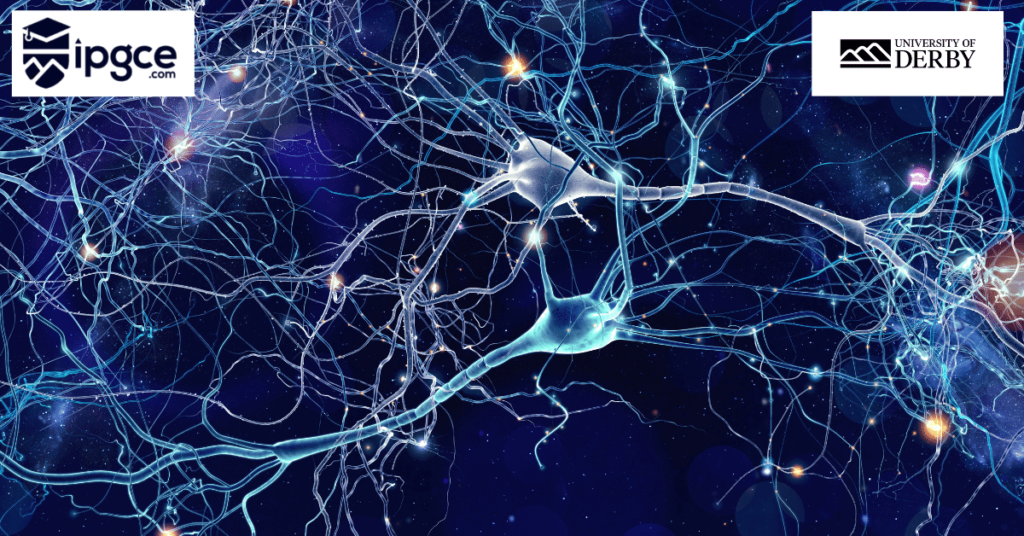Researchers have transplanted human neurons into rat brains to study debilitating neurological and psychiatric disorders, such as epilepsy and schizophrenia. The clumps of human cells took root inside the animal brains, hooked up to their blood supplies and tapped into rat brain circuits. This allowed them to sense whisker movements and change how the animals behaved.
Read the rest of the article here: https://www.ipgce.com/human-neuron-transplanted-to-study-brain-disorders/
Contact us here: https://www.ipgce.com/contact-us
The groundbreaking procedure means scientists can now study how brain cells from patients with neuropsychiatric disorders malfunction in a living brain. They can also assess the impact of drugs in real-time.
During the experiment, the human cells were transplanted into the somatosensory cortex of newborn rats. This area of the brain processes tactile sensations, such as whisker movements.
The cells took root and established connections with the surrounding rat brain cells. They also hooked up to the animals’ blood supply and tapped into their brain circuits.
This allowed the human cells to sense whisker movements and change how the animals behaved.
The findings suggest that human neurons can survive and function in a rat brain for at least four weeks. This opens up a whole new avenue of research into neuropsychiatric disorders.
Scientists can now study how brain cells from patients with neuropsychiatric disorders malfunction in a living brain. They can also assess the impact of drugs in real-time.
This could lead to breakthroughs in treating these conditions, affecting millions worldwide.

We can develop more targeted and effective treatments by advancing our understanding of how these disorders develop. This is a major step forward in the fight against these debilitating conditions.”
According to the researchers, the next step is to transplant human neurons into non-human primates. This would allow for even more realistic and accurate studies to be conducted.
This groundbreaking research promises to revolutionise how we study and treat brain disorders. It is an exciting time for neuroscience!
What do you think of this research? Are you hopeful that it will lead to better treatments for brain disorders? Let us know in the comments!
Contact Us Directly on Wechat or WhatsApp

Meet Our Successful Graduates: Learn how our courses have propelled graduates into rewarding
careers. Explore their success stories here!
Discover More About Your Future: Interested in advancing your teaching career? Explore our
IPGCE, MA, and QTS courses today!

Explore Our Courses: Ready to take the next
step in your education journey? View our
comprehensive course offerings now!

